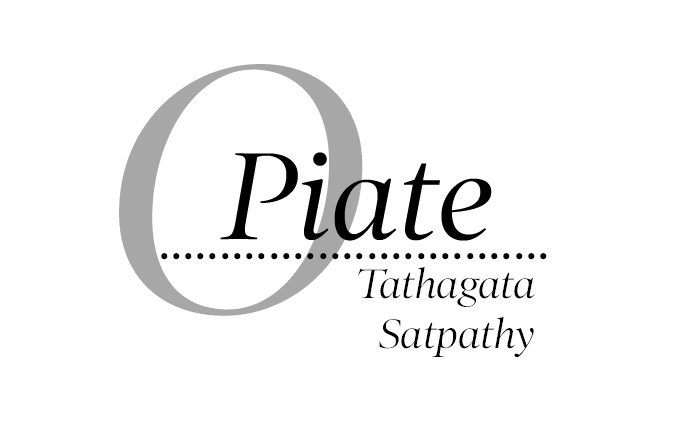The UN Resolution of 27 October 2023 on humanitarian ceasefire in Gaza is a mirror of the world we live in today. India abstained from voting in this resolution adopted by the UN General Assembly to halt the pounding of Gaza Strip by Israeli forces that has reportedly taken a death toll of over 7,000 Palestinians, including aid workers. By choosing not to back Jordan’s resolution, India has taken a stand which contradicts its image of a nation that has always sought peace in all situations and all conditions. Admittedly, the Jordanian resolution is also not aimed at finding a long term peaceful solution for the Jews and Moslems of Israel and Palestine. All Moslem nations favoured the resolution along with others like Russia and China. The motive behind this resolution can easily be maligned by claiming that the seekers of ceasefire are, in reality, seeking breathing time for the Hamas, Hezbollah and other groups interested in war but not really
batting for peace.
The group of 14 nations led by the US and followed by Israel has no other country of any military relevance. US support for Israel is historical. President Joe Biden is on the verge of facing election for his second term. Jews have immense media and industrial clout as also a big chunk of vote in the US. Their support is extremely vital for the Democrats at this juncture.
The interesting aspect lies in the third group of 45 countries which abstained from voting in favour of the humanitarian ceasefire. Prominent amongst these countries are India and the UK. Britain’s Prime Minister Rishi Sunak has already visited Israel and met Netanyahu in a show of solidarity. India, on the other hand, seemed dithering as usual in its foreign policy. Initially the government took a clear stand favouring Israel. After the hospital bombing in Gaza, India changed its stance and spoke of its past support for the Palestine cause. Its absention in the 27 October UN Resolution vote once again displayed India’s confused but definitely anti-peace stand on the global theatre.
The nations seeking ceasefire got support from both Russia and China. Russia has gotten bogged down in its war against Ukraine since February 2022. It desperately requires the US and NATO forces to move their attention away from Ukraine. What better option than a flare up in the Mid East! China in the meanwhile, wants to strengthen its influence over the South China Sea and, if possible, grab Taiwan with its lucrative industrial base. In this quest, China would be very pleased if the US and other Western powers move their forces and focus to the Middle East.
The Moslem countries obviously support the Palestine cause primarily basing on religious solidarity.
Ukraine which is itself facing a terribly debilitating and destructive war at home has abstained from voting in favour of ceasefire at the cost of the US and NATO powers slowing down weapons shipments to Kyiv because Volodymyr Zelenskyy is himself a Jew. His personal religious belief has definitely had an influence over his country’s vote. He also needs to be perceived as supportive of the US cause. UK’s Rishi Sunak and his Tories seem to be battling a stiff situation at home. Britain’s support for Israel would obviously draw the Jewish votes in Sunak’s favour. Added to this is the disenchantment of Britishers with the imported Moslems who are creating trouble in the UK.
India taking a stand that does not support ceasefire is quite understandable keeping in mind the domestic anti-Moslem stance of the ruling party. Apart from this, all countries that abstained or opposed the ceasefire resolution have business ties with Israel. None, probably including the 120 nation bloc led by Jordan, seem to have any business interest with the Palestinians.
Underlying all these activities in the UN merely showcased that in the third decade of the 21st Century, every country in the world is formulating its external policies based on support or opposition at home. First consideration is religion and the second obviously is business and money deals. There is no country in the world today which bothers or cares for the collateral human damage. India, too, has lost its mantle of a propagator of peace. It will be very difficult to rise above this stigma for a long time to come.
